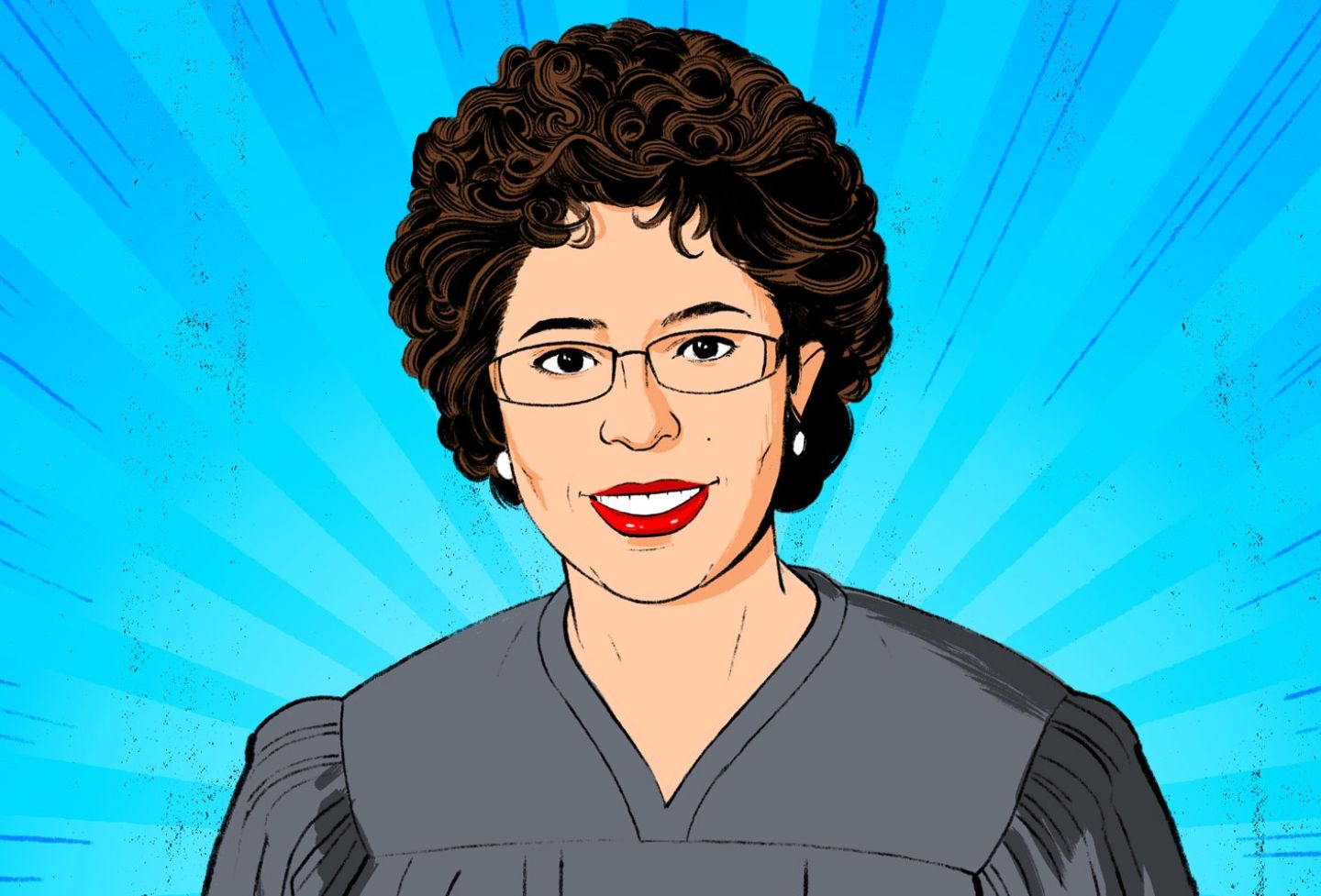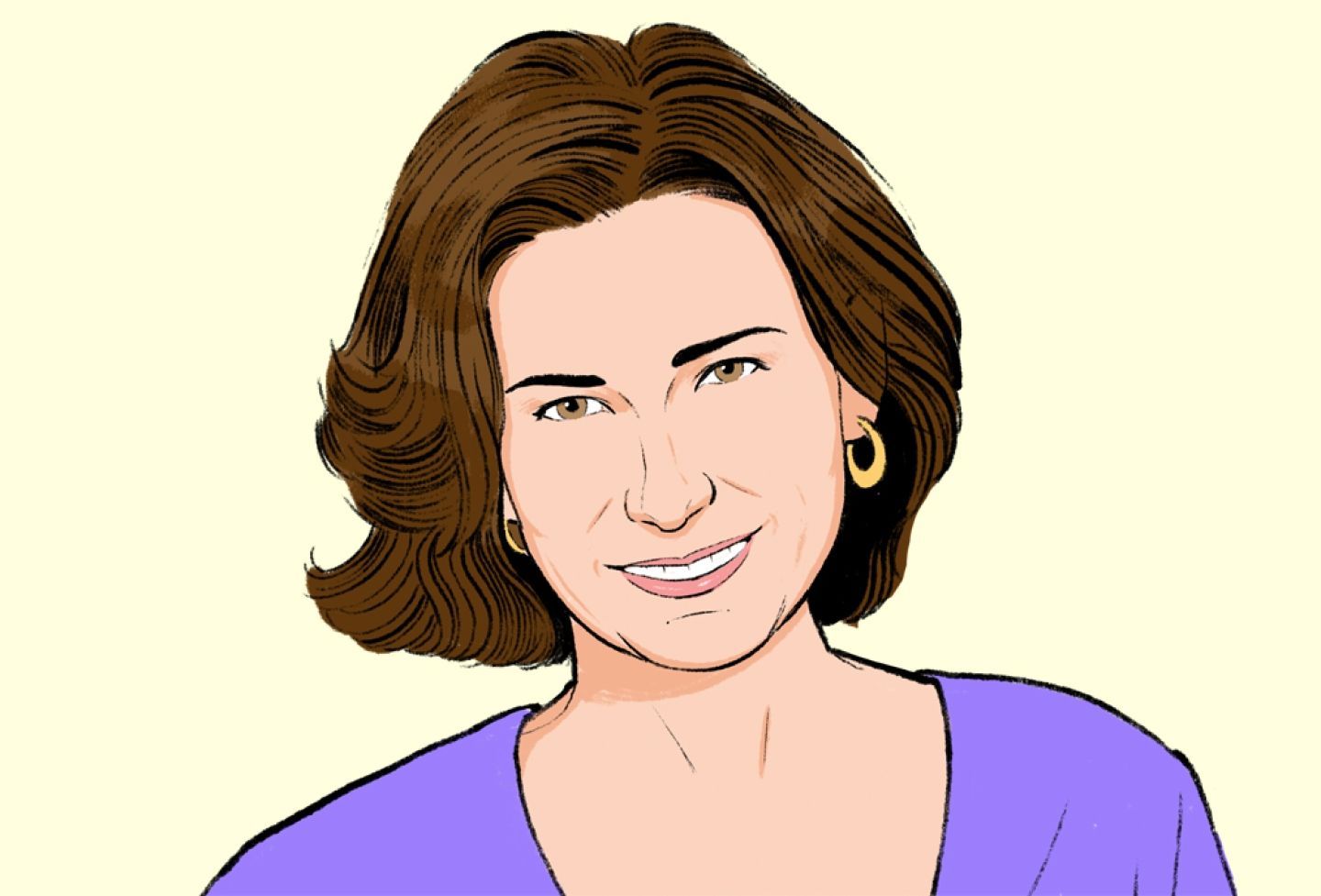Prior to becoming deputy director of the Southern Center for Human Rights in Atlanta, Terrica Ganzy served as development director and staff attorney for the center’s Capital Litigation Unit, where she focused on representing clients on death row in Georgia and Alabama.
She has also served as the National Association of Criminal Defense Lawyers death penalty resource counsel.
What was your toughest death penalty case? What did you learn from it?
I remember meeting for the first time a man who had been convicted and had been pegged as a serial killer. And he was my first white client. I remember the night before I went to go visit him, I just didn’t know what to expect. And there was a certain level of fear that I didn’t have with visiting some of the other folks I had visited.
I think it was because all I knew about him was what I had read in the newspaper, just like everyone else, you know, in terms of what people hear about incarcerated people who are on death row.
And then I got to finally meet him, and we hit it off immediately. I became the person he trusted most, and his family really cared for me and really appreciated me. It was a lesson, even for me as a new lawyer doing capital defense work, that you can’t judge a book by its cover.
I remember him saying to me before he passed, “You know, Terrica, if more people got to meet with us and got to talk with us, there would be a lot less support for the death penalty.” And I had to agree.
When did you decide you wanted to pursue helping death-row inmates as a career?
I started reading the transcripts [as a volunteer for the Virginia Capital Representation Resource Center during law school] and I just was sort of amazed at some of the things that I was noticing that didn’t seem to be right. There were alternative suspects and things like that that didn’t seem to come out at trial, or there were other things that didn’t quite sit right in terms of how the lawyers performed or what the investigation turned up.
I was able to interview jurors and witnesses and be in people’s living rooms and watch them cry, on the one hand, thinking that they’re not sure if the person who was convicted is the right person. Or on the other hand, realizing that there is evidence that didn’t come out at trial that might have changed their mind.
And the more I learned about the death penalty, the angrier I got. Mainly because of the racism and classism that’s involved. So that’s kind of how I got hooked. I continued volunteering with them throughout my time at UVA. When I was getting ready to graduate, I had a job offer at a large law firm in Mississippi, and an offer for a fellowship at the Fair Trial Initiative in Durham, North Carolina. And I decided to choose me, in terms of choosing to do something I felt would make a difference in the world, and that would impact people who need it.
How did you make the leap from lawyer to leader?
One of things that my friend Monica McCoy told me was that I was a worker bee. And I was like, “Oh, that sounds like a good thing.” And she was like, “No, that’s not good at all.” And that, you know, it’s great when you’re early in your career. But when you’re at a point in your career where you’re wanting to be perceived as a leader, you have to shed the worker-bee image. And that was sort of a light-bulb moment for me. She helped me realize that being a worker bee isn’t good enough to be considered a leader. You know, people will respect you for working really hard, and they’ll appreciate you, but the promotions go to the leaders.
When I started really trying to be intentional about my career path, it was helpful to have somebody looking at me from the outside, giving me that feedback and helping me start thinking about what else do I need. What other skill set do I need to amplify in terms of helping other people see me as more than “this is a person who gets things done”? Because that just wasn’t enough.
More ‘From Lawyer to Leader’ Stories
- Sarah Baker ’04, president and executive director, We The Action
- Nancy L. Buc ’69, former chief counsel, FDA
- Elissa Cadish ’89, justice, Supreme Court of Nevada
- Barbara Jeremiah ’77, former executive vice president, ALCOA
- Jennifer McClellan ’97, Virginia state senator
- Catharina Min ’90, partner, Covington & Burling
- Susan W. Murley ’86, co-managing partner, WilmerHale
- Heather Podesta ’97, founder and CEO, Invariant
- Mary Ellen Powers ’80, partner-in-charge, Jones Day Europe



